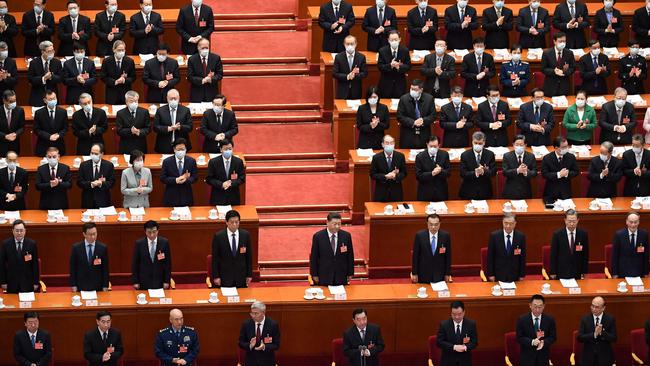
The biggest mistake we keep being invited to make is to think that China is well governed and just another country.
It is vital that there be a deeper and more serious understanding of how it is actually governed.
John Fitzgerald’s newly published study of this subject, Cadre Country, is required reading on this subject.
Fitzgerald has been writing on these subjects for 30 years. He is the author of Awakening China, a brilliant study of the origins of the Chinese republican revolution of the 1910s and its fate in the 1920s; as well as Big White Lie, a path-breaking study of the history and aspirations of Chinese communities in Australia.
Here are three excerpts from Cadre Country that explain life under Xi Jinping’s rule:
Abolishing the rule of law
On April 28, 2017, the No. 2 Intermediate People’s Court in China’s northern port city of Tianjin announced the conviction and sentencing of lawyer Li Heping for subversion of state power.
Two years earlier, the authorities had ordered the arrest and detention of more than 300 lawyers in the infamous “709 crackdown” (July 9, 2015) targeting China’s professional legal defenders.
Li was one of them. Over two years in detention, pending trial, he was tortured by electric shock and forcibly medicated with a drug that, by his wife’s account, caused “muscle pains, lethargy and blurred vision”. One month was spent in shackles, leaving him unable to stand.
On that same day, in Tianjin’s sister city of Melbourne, former prime minister Paul Keating took to the stage and mocked critics of China’s human rights record for being “hung up” about legal defenders in China. Speaking at a La Trobe University event, Keating dismissed concerns about the abuse of legal process in China as a trivial blip in the record of the “best government in the world of the last 30 years. Full stop”. Critics of China’s government in Australia, Keating said, were “hung up about the fact that some legal detainees don’t get legal representation”.
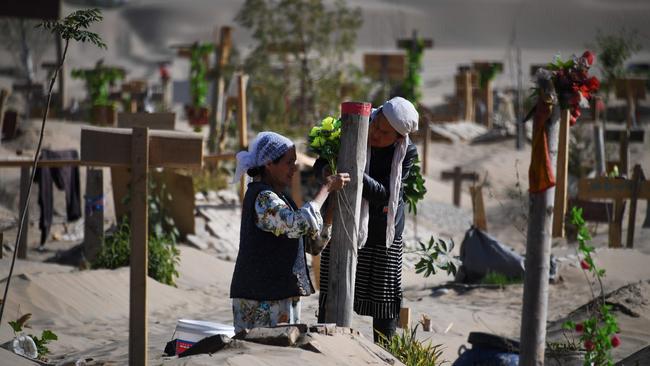
A giant of the Australian Labor Party and master of the larrikin idiom, Keating spoke to an adoring audience. Packed into the Melbourne Recital Centre, they laughed on cue and nodded in affirmation. To be fair, they were probably unaware of the trial under way in their sister city; but it is also unclear that knowledge would have made any difference to their responses. A lot is forgiven for the Communist Party of China for having – in one of the more widely circulated phrases of the past half century – “lifted hundreds of millions of people out of poverty”. One outspoken lawyer might have been dismissed as a fair price to pay.
In fact, Li was one of hundreds of legal defenders who had recently been rounded up, imprisoned and tortured on charges of subversion. This assault on the legal profession was no robust rebuff of overpaid lawyers, as Keating’s sideways swipe might have suggested, but a signal to China and the world that three decades of experimentation with the rule of law were over. The end was marked by the rise to power of Xi Jinping, son of senior party veteran and government leader Xi Zhongxun. Since assuming office, Xi has undertaken several measures to end the process of Reform and Opening (c1979-2009) that made China the most successful developing country in the world over the preceding three decades.
Li’s conviction, announced early in Xi’s second term, was one of many signs that the party was no longer tolerating restraints on its exercise of power.
The Communist Party erases history
One way the party curates the historical record is to erase events from history and public memory, a practice that earned China the title of “People’s Republic of Amnesia” in the work of Australia-based media analyst Louisa Lim. The party takes several approaches to historical erasure. One is to close the archives to historians, another is to outlaw publication on all but the most mundane topics, a third is to legislate against voices critical of the party and its “heroes”.
In Xi Jinping’s New Era, the preferred method for neutralising critical inquiry involves intimidating professional historians and history teachers through a political campaign targeting “historical nihilism”.
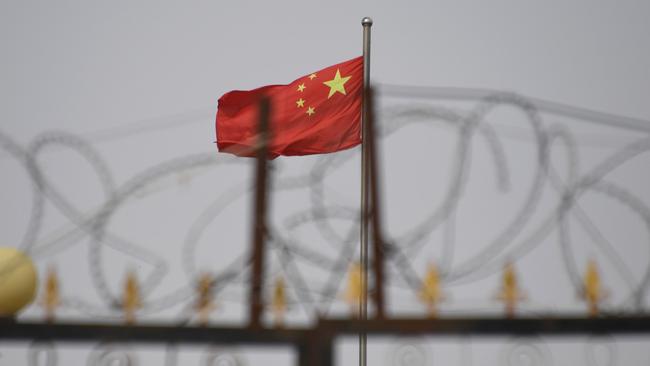
Some years before he took command of the party, Xi told a meeting of party historians that “the harm of historical nihilism is basically denying the leading position of Marxism and the historical inevitability of China moving towards socialism, denying the leadership of the Communist Party of China.” In April 2013, once Xi was in power, this insight was converted into a prohibition on “historical nihilism”. And in the lead-up to commemoration of the party’s centenary, in July 2021, according to BBC reports, leading cadres elevated historical nihilism to the highest level of national security with the claim that the gravest threat to the country was neither American imperialism nor the independence of Taiwan but “historical nihilism”.
For the benefit of insiders, between April and June 2021, party propaganda teams launched intensive study sessions and published an extensive series of authoritative articles through key institutions in party and government, in each case targeting historical nihilism as a threat to national security, understood to mean the security of the Communist Party-state. At the same time, internet monitors and censorship agencies removed two million items posted on the web by (independent scholars) who told different stories about the party.
Millions of commercial sites modified their online web presence to reflect greater sensitivity around words and phrases to which the party could possibly object.
Brutal executions
Around 2010, Beijing’s counter-intelligence services uncovered telling signs of foreign penetration of key agencies in China’s intelligence, government and party systems. As they picked at the threads, over following months, counter-intelligence agents unravelled a widespread CIA human-source network woven into the highest levels of the party-state apparatus. Counter-intelligence forces responded case-by-case, executing compromised cadres (and their families) as they found them, often in front of horrified fellow workers.
A decade later, in December 2020, security specialist Zach Dorfman revealed that the CIA’s point of entry into China’s military and government cadre systems was to pay the informal promotion fees that had become the standard price of cadre advancement. As Dorfman describes it, “the anger in Beijing wasn’t just because of the penetration by the CIA but because of what it exposed about the degree of corruption in China”.
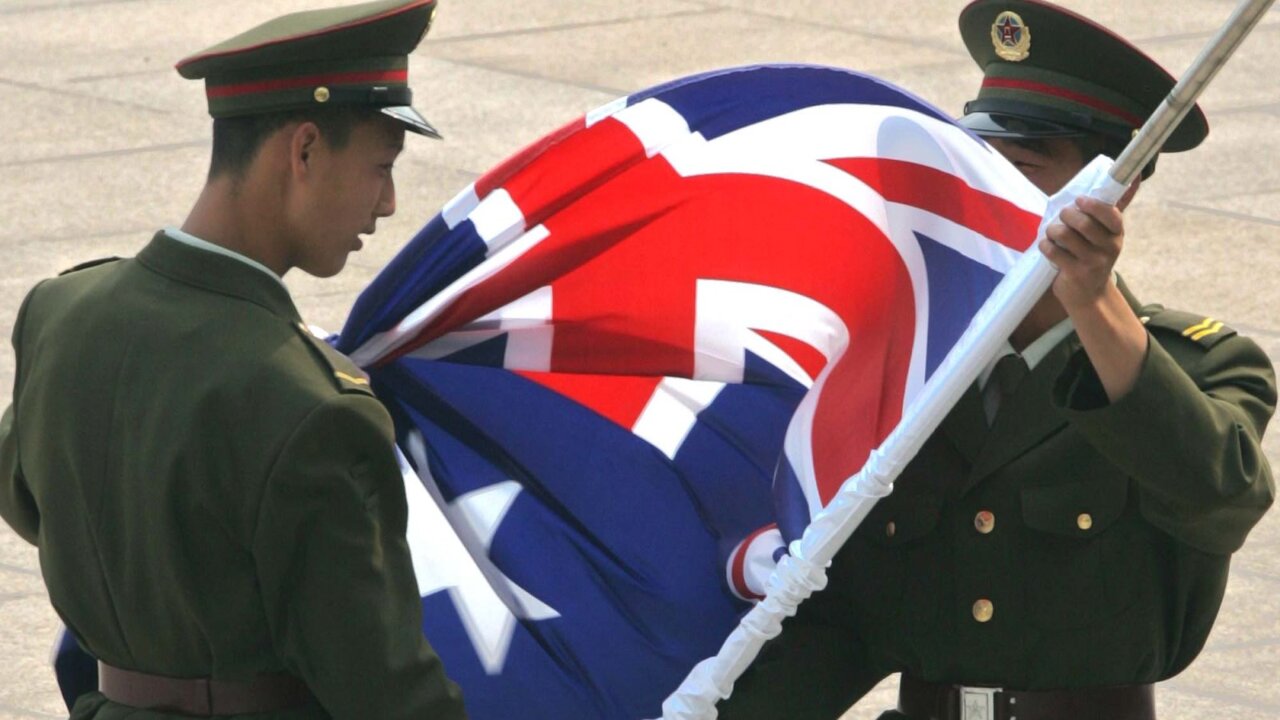
The further that compromised cadres are able to rise in a penetrated system, the more valuable the intelligence they can supply to their handlers. There was a time when picking junior cadre assets was regarded as a consummate art among foreign intelligence agencies. Tracking their climb through the cadre hierarchy in the former Soviet Union or eastern Europe was considered an arduous and perilous task.
In China, however, corruption was so commonplace in the cadre promotion and transfer system that it opened the door to any promising recruit willing to be bought off. A foreign agency could identify a likely candidate and offer to fund their way up and across the system to virtually any position worth buying. The most highly prized positions were those near the top among secretaries of ministers and agency heads.
“‘It was quite amazing the level of corruption that was going on,” Dorfman reports one former CIA official as saying. The more widespread the corruption, the more plentiful the opportunities to penetrate key military, security, government and party agencies.
This is the regime in Beijing that has imposed extraordinary economic sanctions on Australia and is seeking to extend its influence and military presence across the South Pacific. This is the regime that its Australian friends urge us to mollify, in the interests of better relations, claiming that the recent deterioration in those relations has been the consequence of tactless rhetoric by the Coalition government.
Its routine behaviour towards its own people, as shown in these excerpts, is ruthless. And they are merely the tip of the iceberg, as Fitzgerald shows in detail.
This is not a regime which any of us should want to see flourish, or expand its influence. On the contrary, we have every reason to seek change in the way it behaves, for our own good and that of the Chinese people. If the other significant states of East Asia, starting with Japan and then including South Korea and Taiwan, can change from developmental dictatorship to liberal democratic governance and political decency, why not China? Change China? The problem isn’t China or the Chinese. It’s the Communist Party’s Maoism.
Paul Monk is the former head of the China desk in the Defence Intelligence Organisation, the author of Thunder from the Silent Zone: Rethinking China (2005), The West in a Nutshell (2009) and Dictators and Dangerous Ideas (2018), among other books.


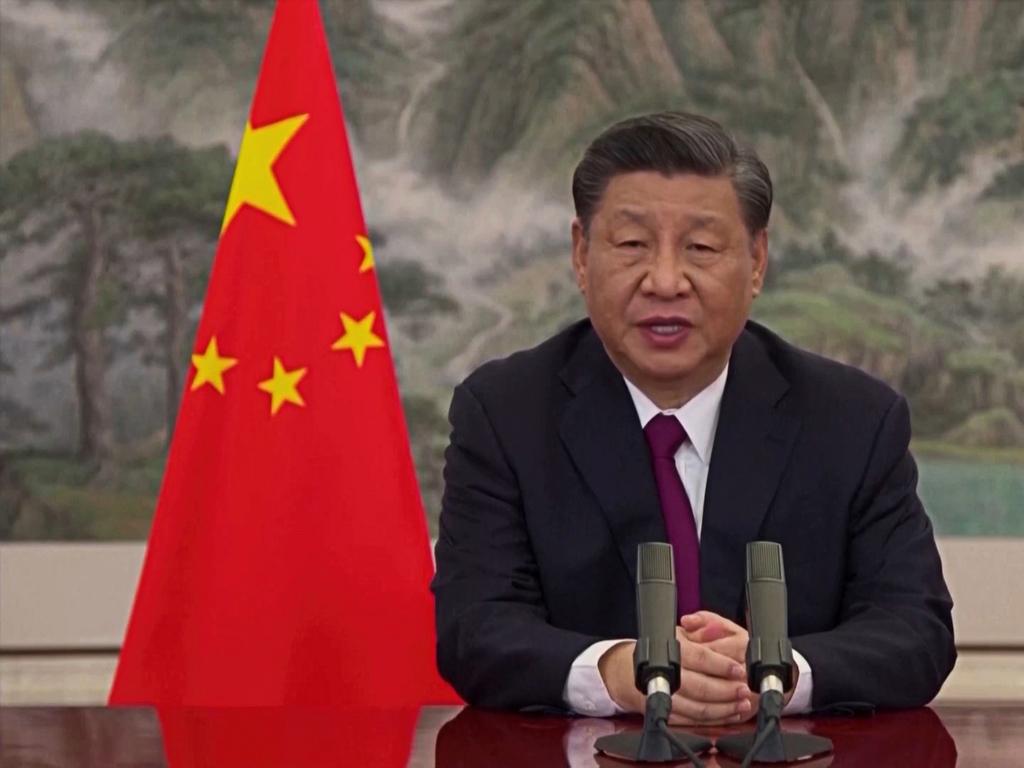

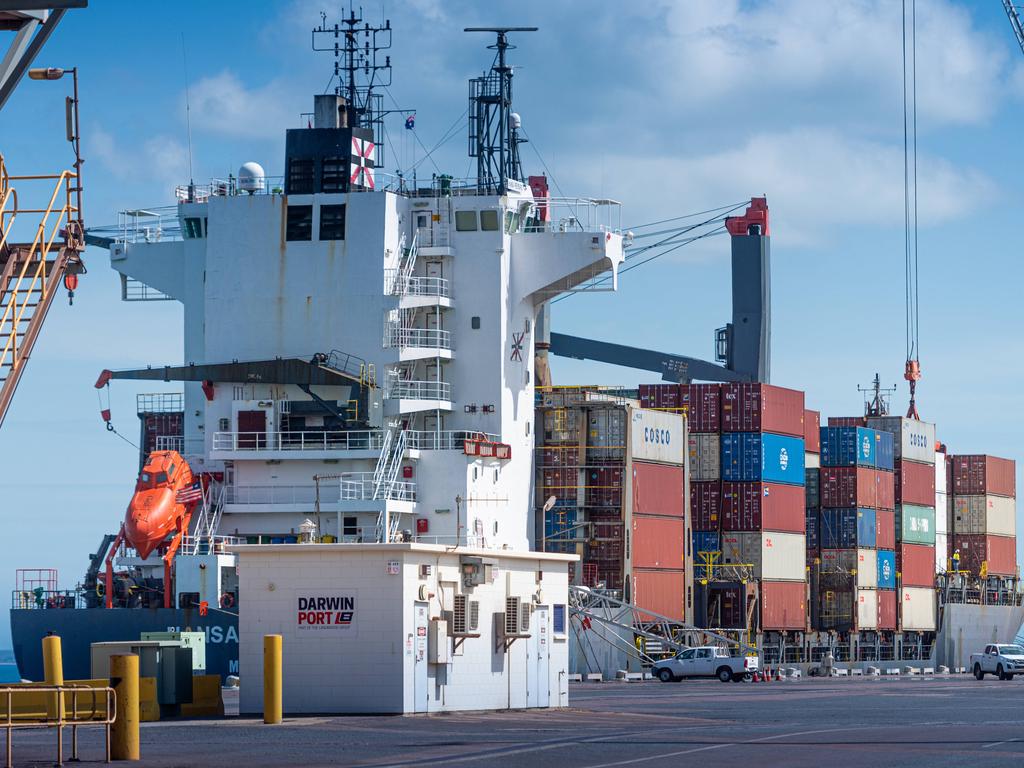

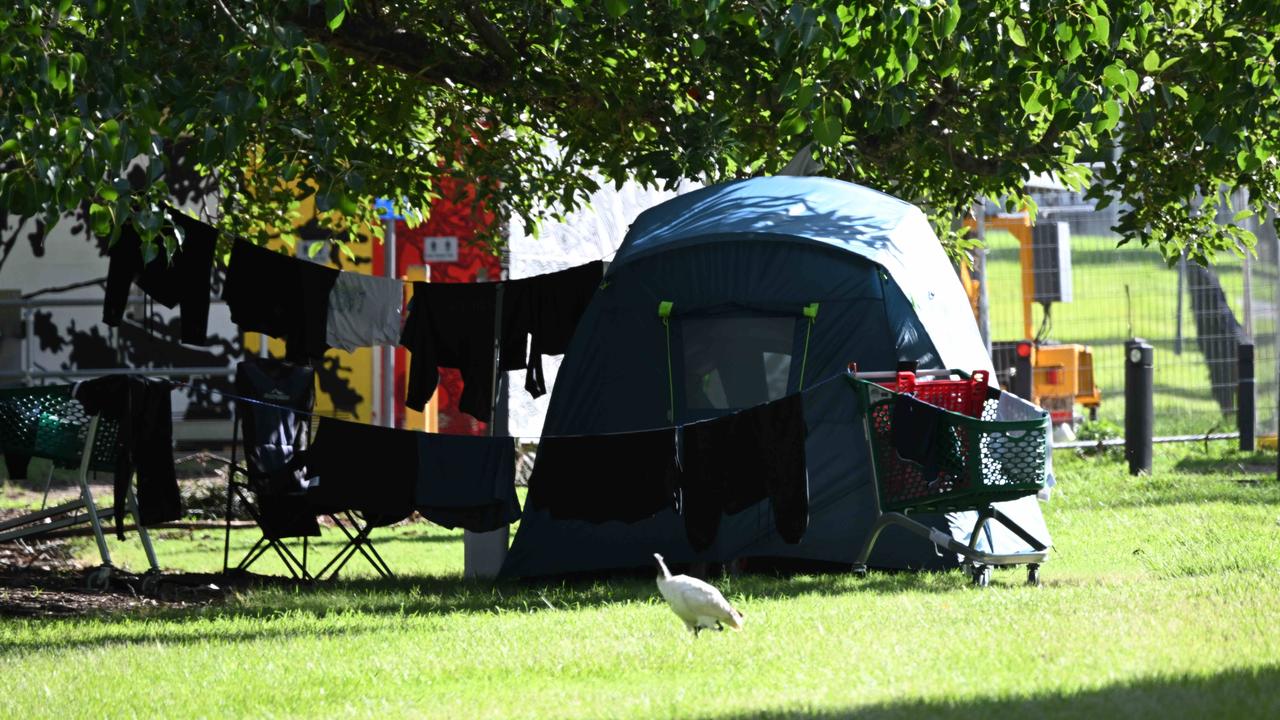

Geopolitically, economically and in terms of immigration and multiculturalism, China is the biggest challenge we face as a country.